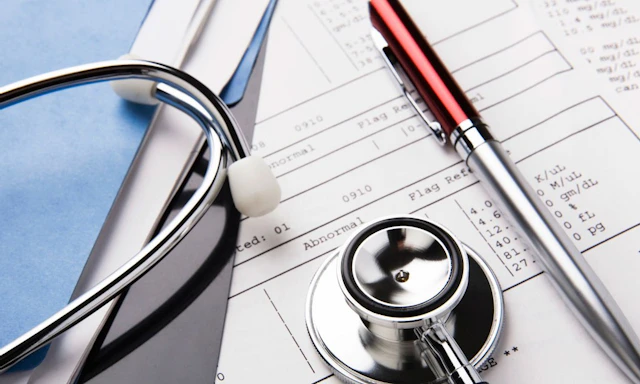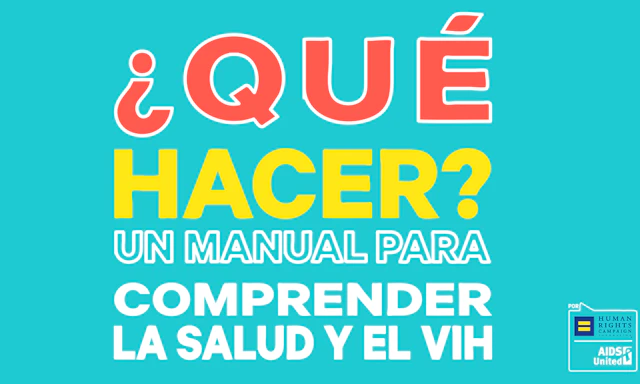
Cookies in use
Frequently Asked Questions About HIV

HIV is a virus that attacks your body’s immune system, which is crucial to fighting off infections and diseases. Fortunately, there are now more ways than ever to prevent and treat HIV.
What is HIV? What is AIDS?
HIV (Human Immunodeficiency Virus) is a virus that attacks your body’s immune system, which is crucial to fighting off infections and diseases. Specifically, HIV invades important cells in your body, uses those cells to make more copies of itself, and then destroys them. If left untreated, HIV may lead to an AIDS (Acquired Immune Deficiency Syndrome) diagnosis. People who receive an AIDS diagnosis generally have badly damaged immune systems, which puts them at greater risk for more serious medical conditions. Fortunately, there are now more ways than ever to prevent and treat HIV.
How do people get HIV?
HIV is transmitted through the following bodily fluids: blood, semen, pre-seminal fluid, vaginal fluid, rectal fluid, and breast milk. Most commonly, HIV is transmitted through condomless anal or vaginal sex or through injection drug use. You cannot get HIV from kissing, hugging or other types of non-sexual physical contact.
Who is at risk for HIV?
While HIV is more common in some communities than in others, anyone can acquire HIV through behaviors that are likely to transmit the virus. It’s what you do, not who you are, that increases your chances of contracting HIV.
What are common symptoms of HIV?
The symptoms of HIV vary, depending on the individual and what stage of HIV you are in. In its beginning stage, HIV does not have unique symptoms and can be indistinguishable from the flu, so it is important to get tested regularly. Regular testing ensures that you can detect HIV early and begin treatment as soon as possible.
Where can I get tested for HIV?
There are several different ways to test for HIV, from oral swabs to home testing kits. There are also thousands of locations across the country where you can get an HIV test at little or no cost to you. Click here to find a testing site near you.
How often should I get tested?
The Centers for Disease Control and Prevention (CDC) recommends everyone between the ages of 13 and 64 get tested for HIV at least once as part of their routine health care. Some people, including gay and bisexual men and transgender women, should consider getting tested more often, as HIV is especially prevalent in these communities. People who are pregnant should get tested in their first trimester.
How else can I stay HIV-negative?
There are several steps you can take to reduce the chances of contracting HIV, including:
Use Condoms. Find the right size and choose a type of condom you like.
Use Lube. Use water-based or silicone-based lubricant – particularly for anal or vaginal sex – to prevent tears in the skin and to keep condoms from breaking.
Get Tested. It’s the only way to know if you or a partner has HIV.
Test and Treat STIs. Having an active STI, or even a history of certain STIs, can make it easier to acquire or transmit HIV.
Talk to Your Partners. Ask sexual partners about the last time they got tested for HIV and other STIs. Consider getting tested together.
Date Undetectable. By consistently taking their medication, people living with HIV are able to lower the amount of HIV in their bodies to undetectable levels. While undetectable, a person living with HIV remains in good health, and it is virtually impossible for them to transmit the virus to a partner. Prevention options (e.g., condoms, PrEP) exist for those in relationships where one partner is not yet undetectable.
Be mindful of drug and alcohol use. Substance use can increase your chances of acquiring HIV directly and indirectly, depending on the circumstances.
Change Syringes. If you inject hormones, drugs or steroids, use a new, clean syringe and other injection equipment every time.
Consider PEP. PEP is an HIV prevention strategy that can be used in emergency situations, such as condomless sex with someone whose HIV status you do not know.
- Consider PrEP. PrEP is an HIV prevention strategy that can be taken every day to significantly reduce the likelihood of acquiring HIV.
Is there a cure or vaccine for HIV?
As of publication, there remains no cure or vaccine for HIV.
How does HIV impact the LGBTQ+ community?
Click here to read our issue brief about how HIV impacts the LGBTQ+ community.
This resource is not a substitute for sound medical advice — and the examples throughout it don’t cover every situation! We encourage you to seek out additional resources from other community advocates and, most importantly, talk to a knowledgeable healthcare provider before making any medical decisions. Last Updated: February 2017
- Topics:
- HIV & Health Equity
- Health & Aging
Love conquers hate.


